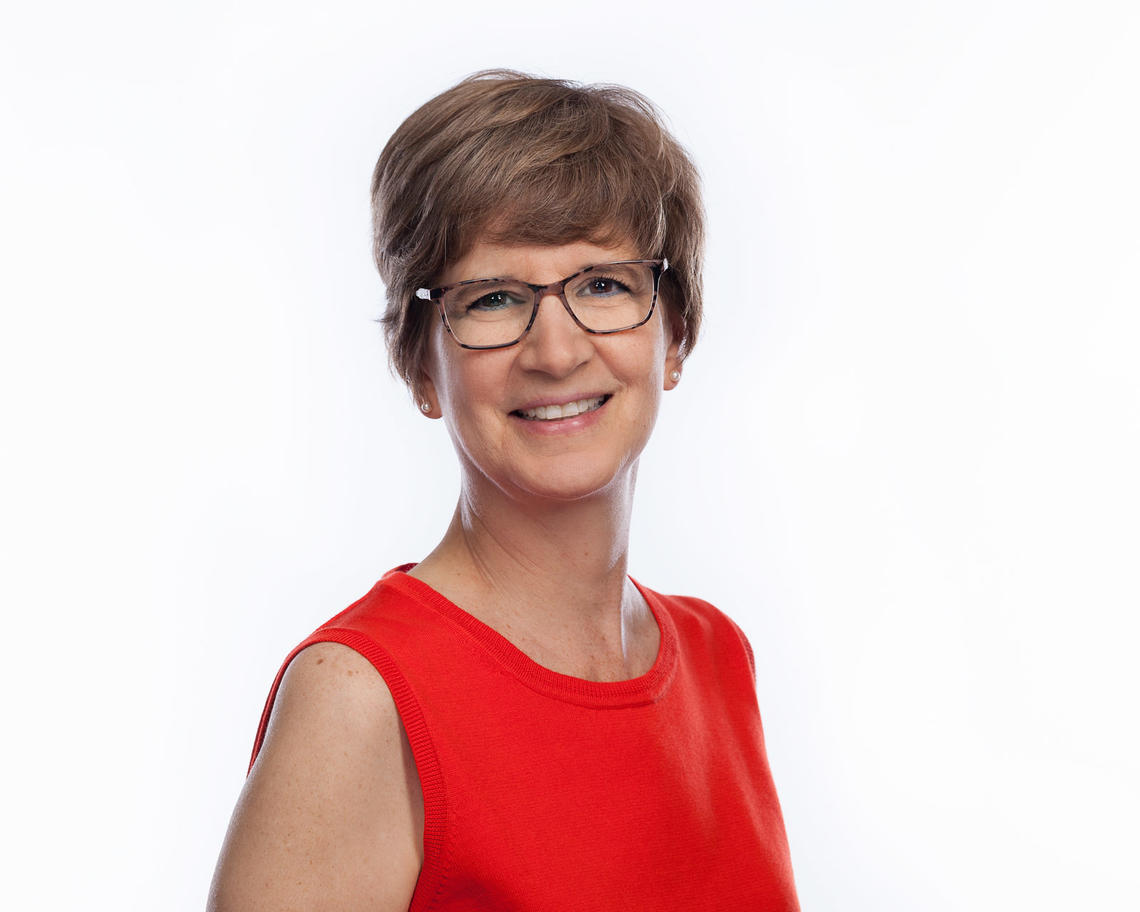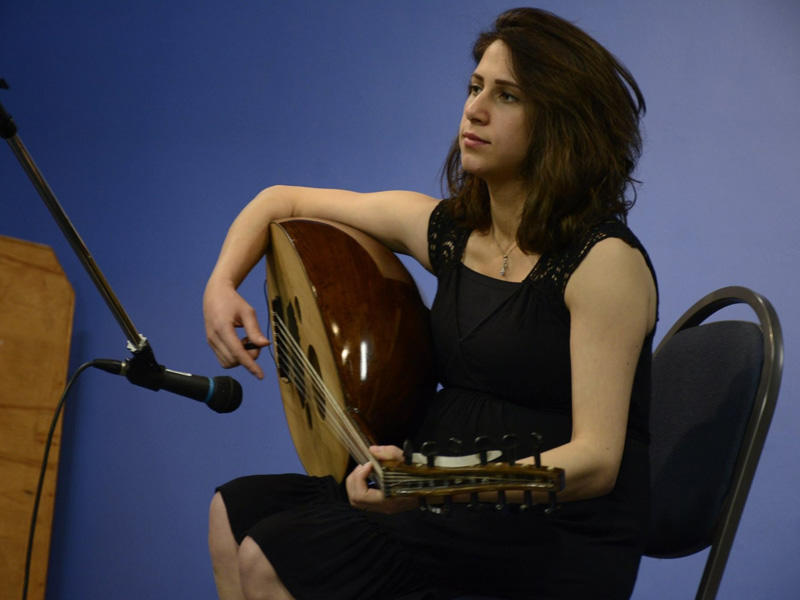Feb. 4, 2019
Less than human? Speaker explores dehumanizing portrayals of refugees

Syrian refugees protest at the platform of Budapest Keleti railway station.
Wikimedia Commons photo by Mstyslav Chernov, licensed under Creative Commons
We’ve all seen the images and videos. Masses of people fleeing their homes, desperately trying to get anywhere to begin new lives. The crisis-framed coverage can make refugees seem like they’re perhaps not the same as us. Making it easy to forget that these are real people — soccer moms, lawyers, teachers and accountants — that somehow they’re less human.
“I would say that the implications of this are that we don't have to be too concerned about refugees if they're not really human like us,” reflects Dr. Victoria Esses, PhD. “So if there were even a little bit less human, we don't have to worry about them because the principles of justice that we would apply to humans, might not quite apply to them.”

Dr. Esses, PhD, will present evidence-based findings on the impact of media portrayals of refugees.
On Friday, Feb. 13 at Calgary's Metropolitan Centre, 333 4th Ave. S.W., Esses, co-chair and principal investigator of Canada’s Pathways to Prosperity Partnership, will present her evidence-based research examining the fallout that dehumanizing portrayals of refugees can create. “People talk about the role of the media dehumanizing," says Esses. "We actually test whether that occurs, rather than just making a claim. We have evidence of the impact."
The fallout of making refugees appear somewhat "less human" is that it fuels xenophobic feelings which can create ripe conditions for situations like the president of the United States shutting down government and threatening to call a state of “emergency” to build a wall on the U.S.-Mexican border.

Aya Mhana, an accomplished Syrian-Canadian singer-songwriter will perform at the event.
Aya Mhana
"Immigration policies and the treatment of immigrants and refugees are contentious issues that involve uncertainty and unease,” explains Esses. "The media may take advantage of this uncertainty to create a crisis mentality in which immigrants and refugees are portrayed as 'enemies at the gate' who are attempting to invade Western nations.”
Esses, who is also a social psychologist, professor and director of the Centre for Research on Migration and Ethnic Relations at the University of Western Ontario, appears as part of the Faculty of Social Work's Positive Disruption Series. The public presentation is also being hosted by the University of Calgary’s interdisciplinary Newcomer Research Network which seeks to improve the lives of newcomers while advancing knowledge and intercultural practices.
The evening will feature a performance by Aya Mhanna, an accomplished singer-songwriter from Suwayda. Mhana was a teacher in Suwayda who used to appear regularly at large festivals in Suwayda and Damascus.
